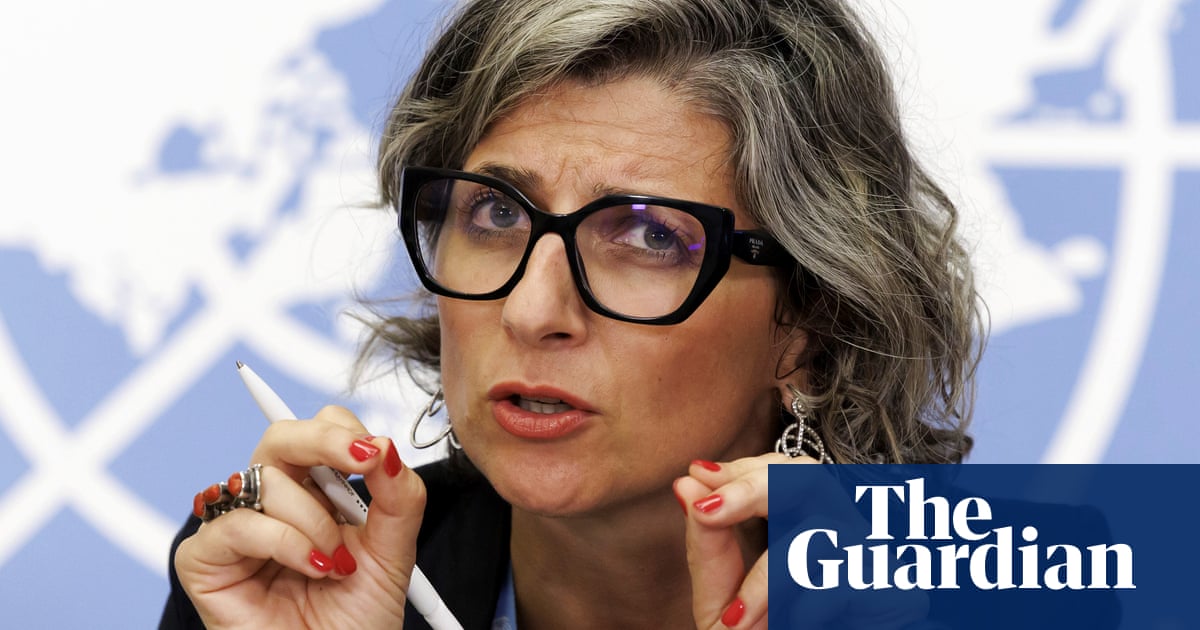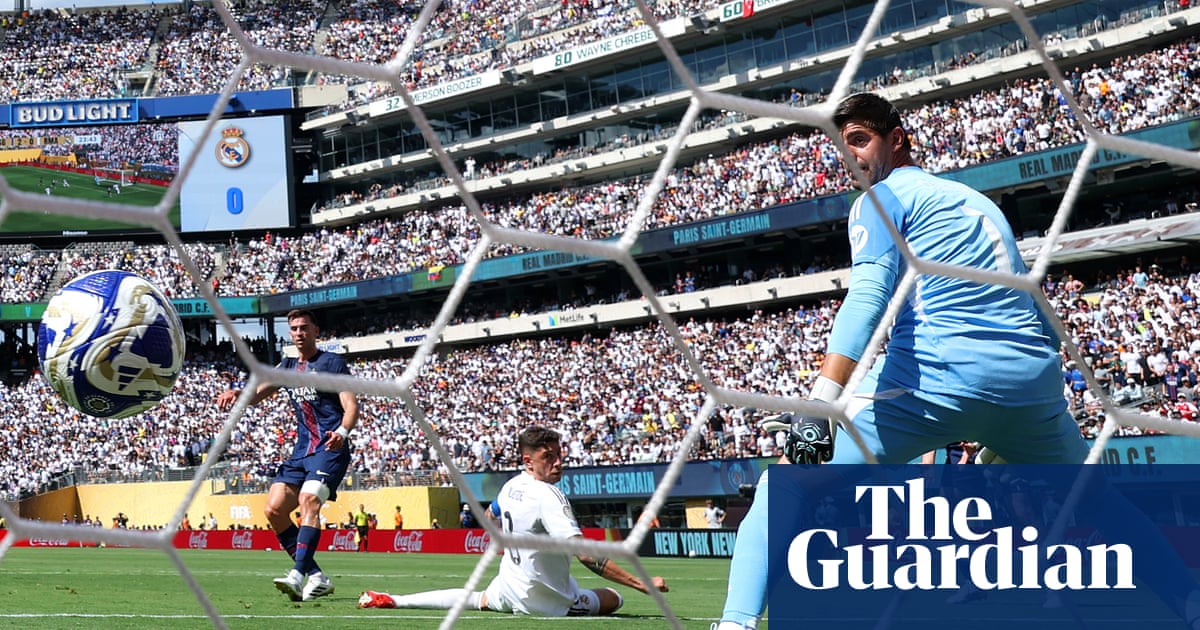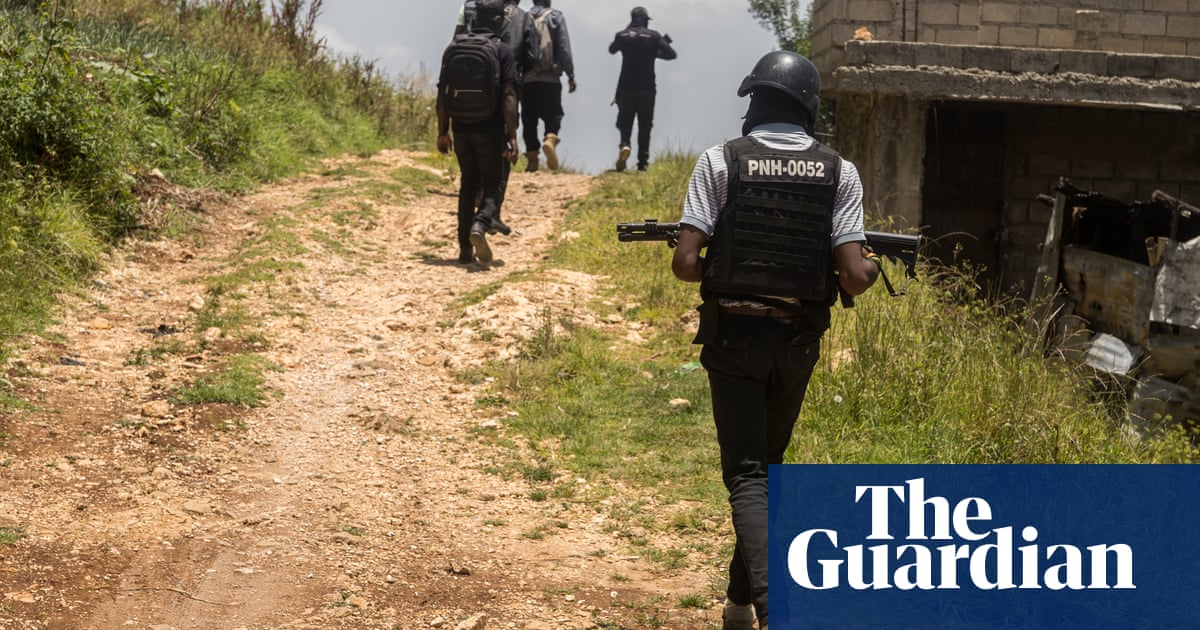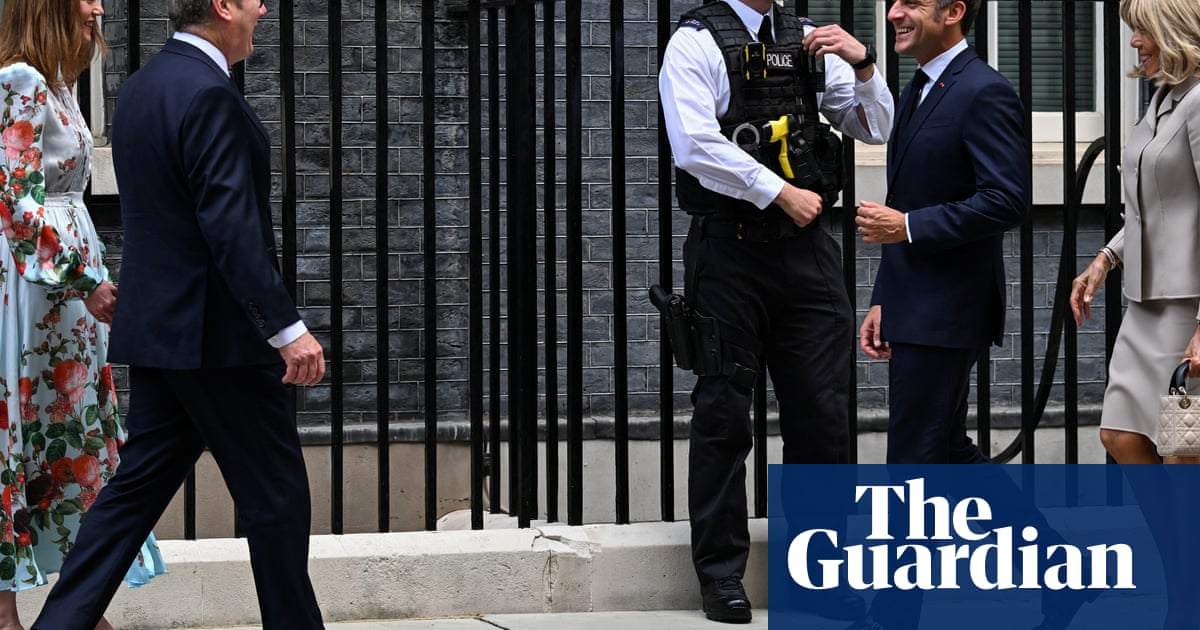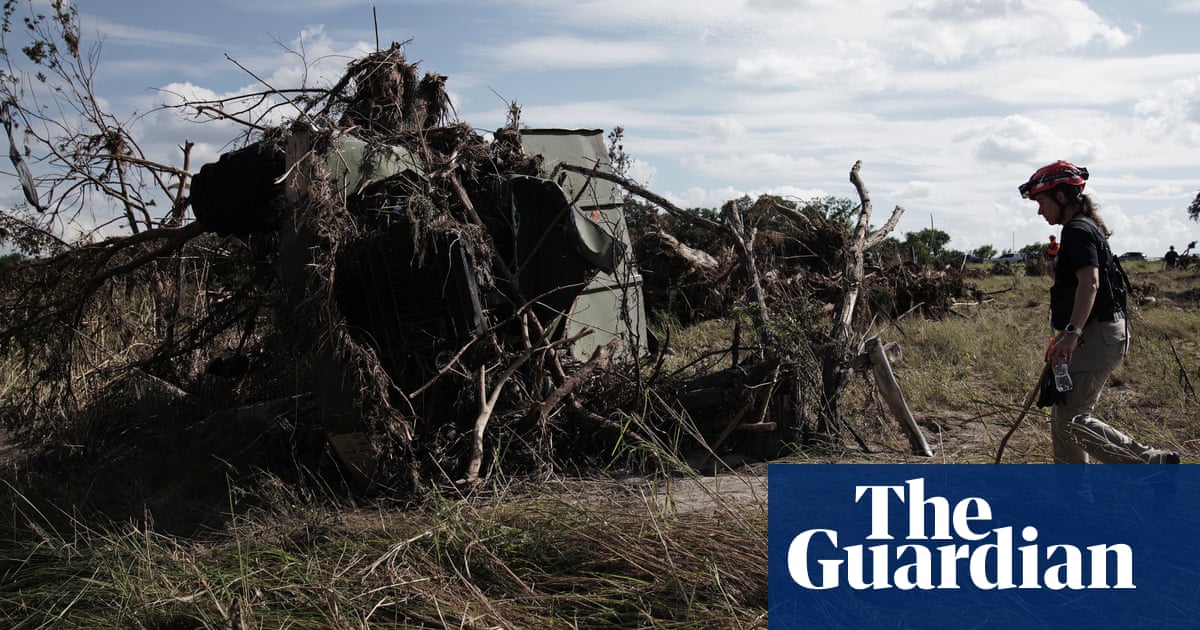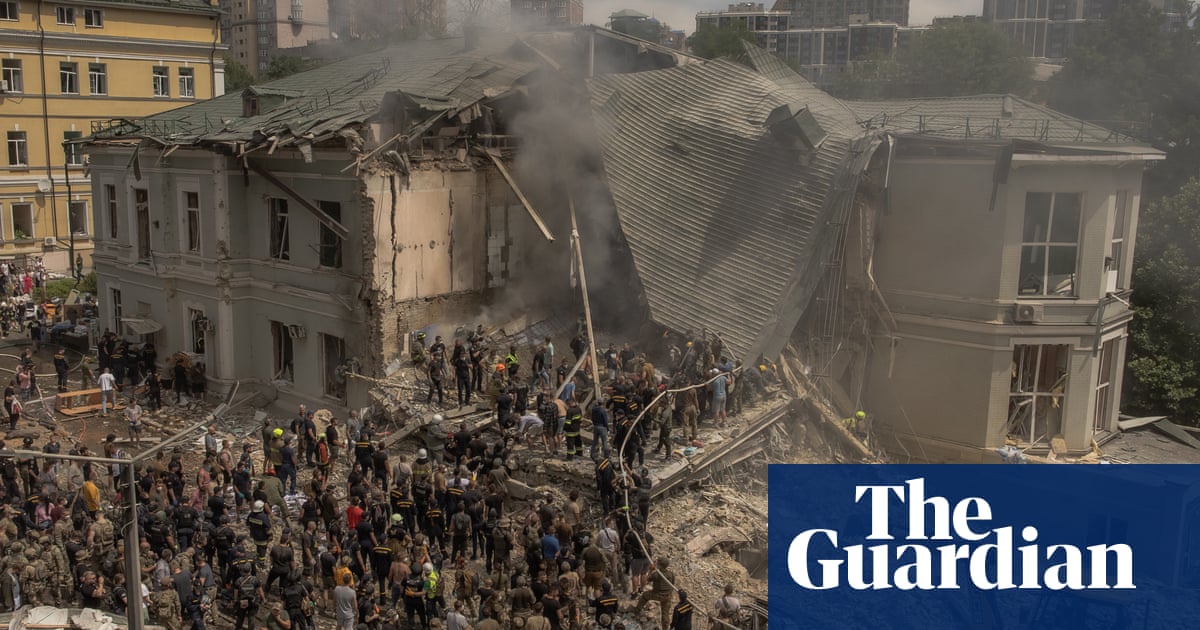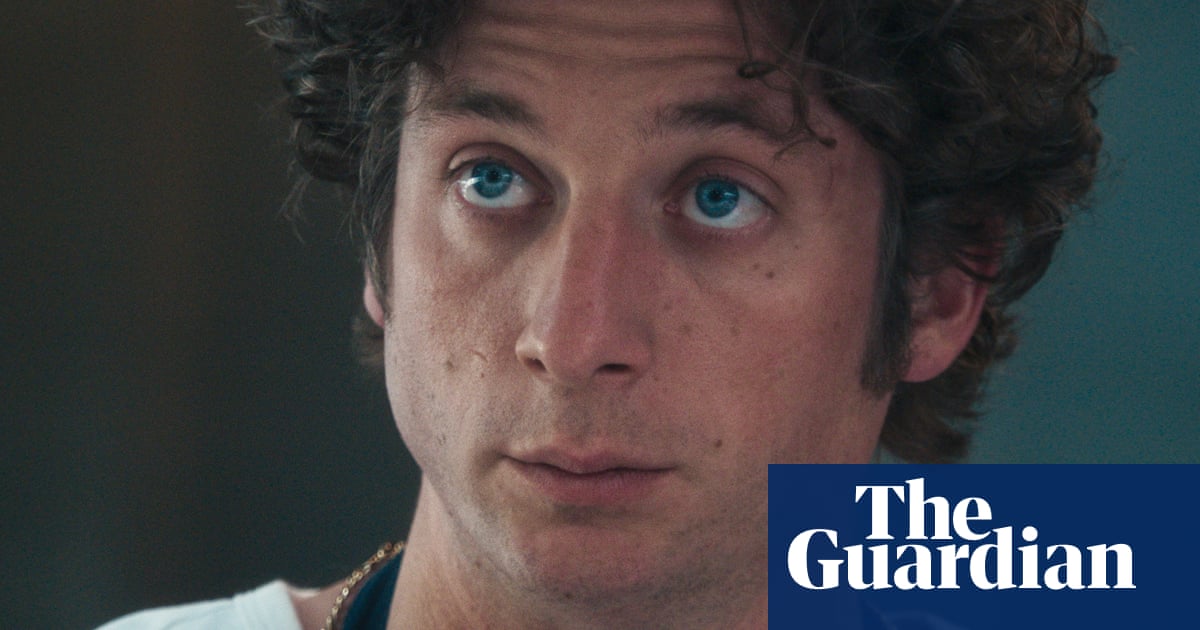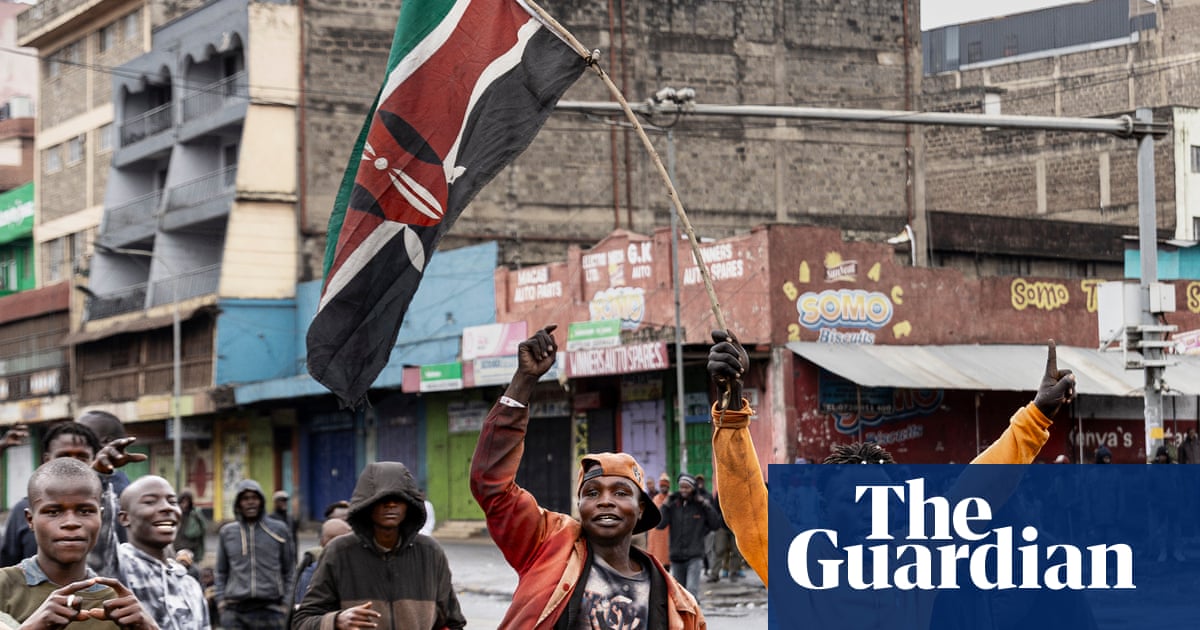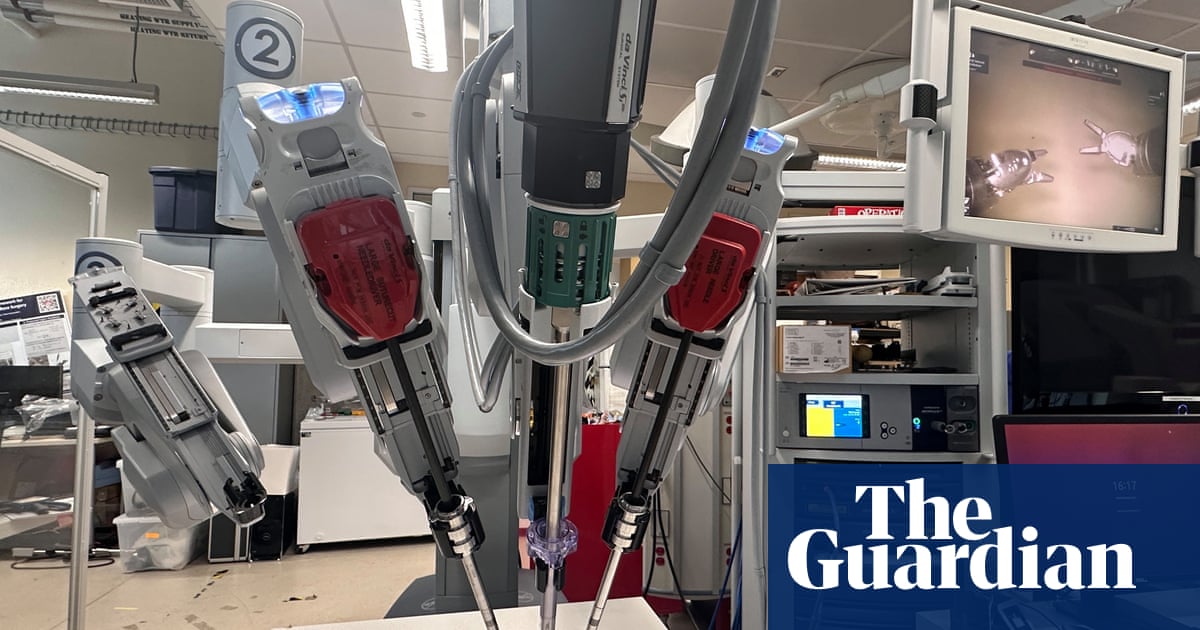Dez Chambers waited 15 years to get the news she didn’t want. All that time, she thought her missing little sister, Alison, might still be out there. Dez would watch documentaries about homelessness to see if perhaps she’d recognise a face, and even attempted the Salvation Army’s family tracing service. “It was hope,” she says from her home in the Netherlands.
Hope faded one day in 1994. Calling her from the UK, Dez’s mother-in-law cried down the phone. There was panic, there was confusion, “so I had to ask her. And then she said it was in the papers that the remains had been identified as Alison.”
Back in England, one story was gripping the nation: Fred and Rose West. With every detail plastered on news channels and filling newspapers, the country was obsessed with the serial killers who for nearly three decades had been on an undetected murder spree, abducting young women, torturing them, mutilating them, and burying the bodies in the garden of their Gloucester home. Some of those bodies were the West’s own children.
Alison had gone missing in the late 1970s. A rough relationship with authority meant she ended up in care as a teenager, then ran away, social services told her family. She was taken in by a couple in Gloucester, looking after their children and doing housework in return. “They know that I was in care, and are more than willing to help me on my feet,” Alison wrote in a letter to her mother in the early 80s. “I have accepted them as a second family.”
It was the worst second family she could have had: the Wests, whose gruesome crimes – and the people who were left to pick up the pieces – are the subject of Netflix’s new three-part documentary series, Fred and Rose West: A British Horror Story.
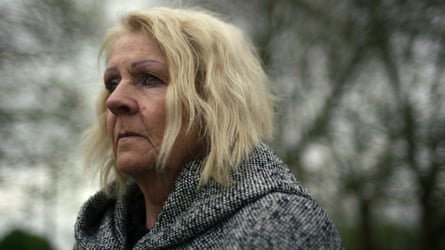
It’s a documentary which, using unseen police video and unheard interview recordings with Fred West, brings new insight to some of the worst serial killers Britain has ever seen. The show reveals how the pair abused and murdered 12 young women, how the police carried out their investigation, and how the families coped, featuring interviews with relatives of the deceased – some of whom have never spoken in public before.
Those interviews were the stories director Dan Dewsbury wanted front and centre. “I really wanted to make sure that people understood this was a real thing that still affects these people today,” he says. “It’s one of the world’s most known crimes. The hope is that [viewers] will come out of it thinking a lot of different things beyond just the crime that was committed.”
It’s a new approach for the now omnipresent true-crime format. While most focus on the twists and turns, the mystery and bloodshed, Dewsbury’s version of this well-known case tries to put empathy for those affected at the heart of the storytelling. “They wanted to bring the victims to life, and I wanted to do that too,” says Chambers, who has turned down other interviews in the past for fear of objectifying her little sister and reopening traumatic wounds. “That’s why I agreed to do this one, to bring Alison to life, but also for myself – for the closure.”
Despite Dewsbury’s victim-first approach, the series does still hit notes required for any Netflix true-crime series. There’s creepy music with reversed vocals, glossy talking heads mixed with grainy archive footage, and ghostly Polaroids frequently popping up on screen. Dewsbury says he had to pick his battles regarding how far he could shake up the format. “The advantage is you’ve got a readymade audience,” he says of the genre. “The disadvantage is they may have a predisposition of what they want that series to be. It’s up to me to push against some of that.”
This is a story that has been told many times, and it required input from the lawyers, police and forensic experts involved in the case. How hard was it to keep these interviewees fresh? “They become desensitised to it,” Dewsbury says. He kept notes of what the contributors had said in previous interviews, and alerted them when they were repeating themselves. “I want people to give an authentic interview, really connect into what I’m trying to do – not resort to media-speak or what worked last time.”
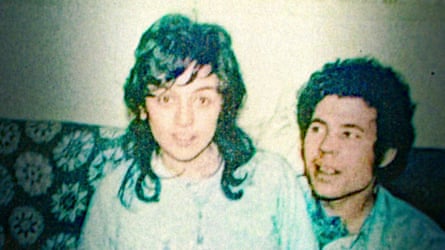
The previously unseen footage is bone-chilling. Viewers see tapes of West family home videos, police digging up bodies in the garden, shots from inside the “House of Horrors” punctuated by archive material of the media frenzy around the case. But perhaps most shocking is the police footage of Fred at his home, handcuffed to detectives, being forced to locate his victims buried in the foundations. “There was a bone in there last time,” West grunts in his thick Gloucester accent, pointing at a corner of his excavated garden and referencing a previous visit.
In one scene, we’re carried via police camcorder through the house, into the bespoke voids where carpenter West filmed his crimes. “It was clear that Fred had been able to adapt the building to his sexual pleasure,” forensic psychologist Paul Britton says to the cameras.
During the research period, Dewsbury digested hundreds of hours of grisly archive material, which included footage of locals expressing their disbelief that a friendly couple from the community was committing these atrocities under everyone’s noses. “I think about the reconciliation those people must have gone through, because it genuinely felt like a shock, to that road, to that street, to that town, to that country,” he says. “It made me come face to face with this idea of the mask that people can put on.”
Those involved in the case make for compelling viewing. Some are cartoonish and others understated – it’s remarkable to think this motley crew were at the heart of the biggest murder story in the world at the time. There’s Howard Sounes, the caricature Fleet Street hack who pays sources for exclusive stories. There’s Howard Ogden, the small-time local lawyer brought in to represent Fred in a case that may have been above his pay grade. There’s even an appearance from Brian Leveson, at the time a rising star in the legal world and the prosecuting lawyer in the West’s trial. “I have prosecuted all sorts of crime,” he says. “But if I had to identify one case that lives with me the most, this is the case.”
But this is not just a documentary about two of the worst killers in British history. It’s a story of miscarriages of justice, incompetent authorities who didn’t join the dots, and vulnerable young women – some runaways, some leaving care – who became easy to hide when the state wasn’t looking for them. The Wests had been in contact with social services since the 60s, and a string of sexual assaults had gone unpunished. Dewsbury believes the lessons of the case apply to 2025. “I think the process by which Fred and Rose got away with what they did might be slightly unique to that period of time, but the undercurrent of what was going on is really relevant to now,” he says.
One truly staggering missed opportunity is the case of Caroline Owens, one of the Wests’ nannies who was abducted, raped and abused by the pair in 1973. She escaped and bravely reported the crimes to the police, but the Wests inexplicably got off with a £50 fine. “It was a missed opportunity to raise the profile of Fred and Rose and identify them as possible sex offenders who could carry out abductions, kidnapping and imprisonment,” says detective constable Russ Williams in the documentary. “They did get off lightly with it.”
Chambers wouldn’t usually watch a documentary with “Fred and Rose West” in the title, but she plans on tuning in to this one. “It’ll be tough, because there’s things I likely didn’t know, and things I might have forgotten,” she says. “But I stand behind it, because it’s about the victims. I’ll have to watch it all in one go, because I won’t be able to sleep in between.”
Fred and Rose West: A British Horror Story is on Netflix on 14 May.

 1 month ago
90
1 month ago
90
